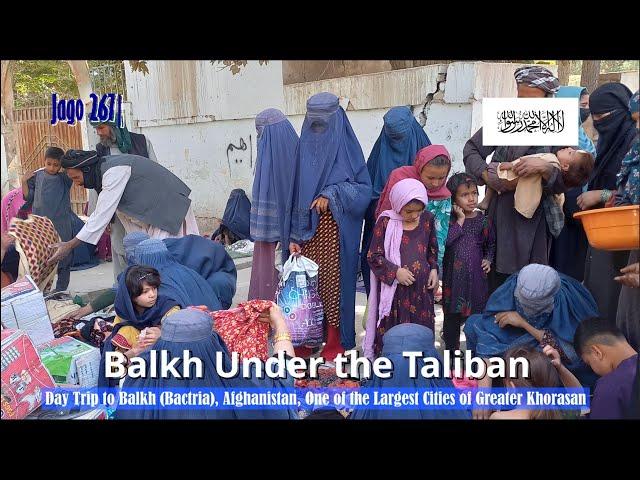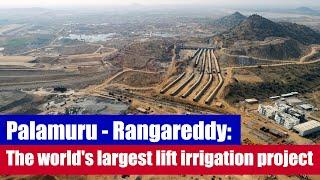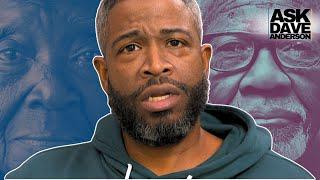
Jago 267| Day Trip to Balkh (Bactria), Afghanistan, One of the Largest Cities of Greater Khorasan
Комментарии:
Mauro Icardi | All Career Goals
FootyClipzDaily
Rockin Robin Cook's Mexican & More Trailer
Rockin Robin Cooks
В КОГО ПРЕВРАТИЛАСЬ МАМА#shorts
INNA SERG
Алексей Иванов. Линия жизни / Телеканал Культура
Телеканал Культура
Эти книги помогут найти смысл в жизни #психология #психолог #мотивация #саморазвитие #манипуляция
Триггеры и реакции [Психология]
Хотел поймать рои а на ловил маток!
ПАСЕКА на РОЯХ # Apiary for swarms
Как отключить иммобилайзер самому
Михаил Автоэлектрик
КАК Японцы ОБСЛУЖИВАЮТ свои АВТОМОБИЛИ! КРУПНЫЙ автосервис в ЯПОНИИ!
Japan Life — Всё об Автомобилях


























